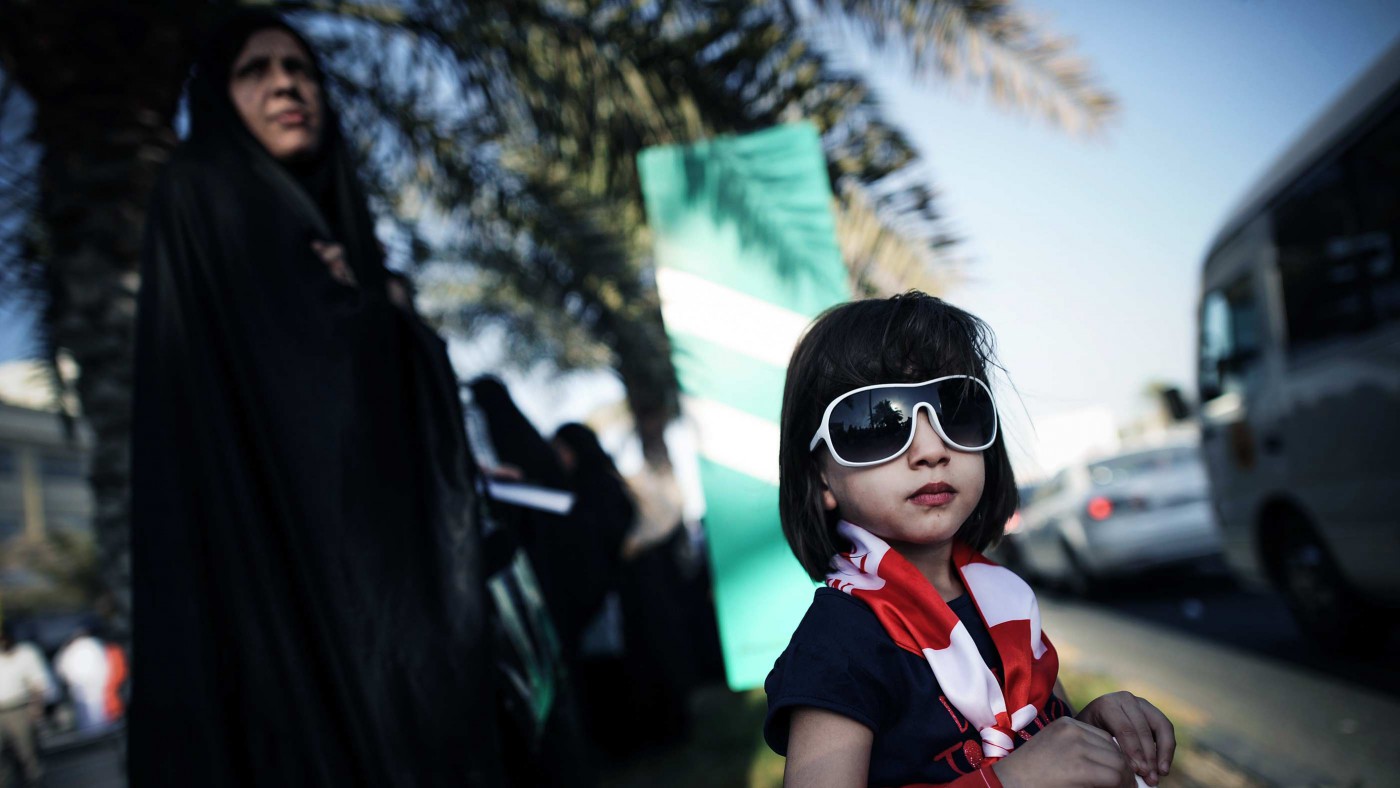Among all major religions, Islam is the only one founded by a trader. According to the holy Quran (dictated by God himself to this prophet), profit is good as long the wealthy merchant redistributes a modest part of his acquired wealth to the poor.
No idealization of poverty can be found in Islam, which makes it a much more pro-business faith than Christianity. When at the peak of their political and cultural influence around the Mediterranean sea, Arabs dominated global commerce, benefiting from the intersection of the Silk Road and the Fertile Crescent. The reason they were supplanted by Italian merchants, around the thirteenth century, had nothing to do with their respective creed. Traders in Genoa had invented better accounting techniques and initiated business contracts through civil covenants, while economic relations in the Arab world remained confined within the family.
From the Middle Ages until the twentieth century however, trade and popular capitalism never vanished from the Arab world. Since the 1950s, independence leaders have imported anti-capitalist concepts, such as central planning and state ownership, into the Arab Muslim world. In Egypt, all remnants of popular capitalism were destroyed by Gamal Abdel Nasser, who was President from 1956 to 1970. The Ba’ath Party in Syria and Iraq – Saddam Hussein among its leaders – acted much the same when it seized power in the region. The same happened in Turkey in the 1920s and 1930s, after Mustapha Kemal, praised as the founder of modern Turkey, proved much inspired by fascist and Soviet economic models from Europe. The Turkish economic renaissance started only recently when the Justice Party rejected Kemalism and rehabilitated popular capitalism along with a religious renaissance. Anti-capitalist dictators happen to be anti-Muslim, pushing Islamic organizations into clandestine and later violent resistance.
So far, the Arabs have not been as lucky as the Turks, except for the tiny sliver of the population who happens to be sitting on huge gas and oil reserves.
Then the Arab Spring took place, in 2011, whose true origins should never be forgotten: the economic frustration of the people. The hero of the uprising was a young Tunisian student by the name of Mohamed Bouazizi who tried to start a modest business by selling fruits and vegetables on a street cart. After he was arrested by police for not showing the right bureaucratic authorisation, Bouazizi committed suicide by setting himself on fire.
Spontaneously identifying themselves with Bouazizi, young Arabs by the millions took to the streets all over the Arab world. The revolt was most acute in Egypt where, not by coincidence, popular capitalism happened to be the most severely repressed under Hosni Mubarak. A survey by the noted Peruvian economist Hernando de Soto, before the Arab Spring, revealed how opening a modest bakery in Cairo required two and a half years in order to obtain all the necessary legal documents, most of them delivered by petty and corrupt state bureaucrats. The creation of a larger business which might have a chance of competing with a state monopoly proved to be forbidden in Egypt. With varying degrees, this remains the prevalent situation in all Arab countries.
The civil wars between sects and tribes in Syria, Iraq and Lebanon – or ready to explode in Algeria or Morocco – would certainly not have erupted in an environment of economic prosperity. The Islamist parties which seized power in Egypt and Tunisia, in the aftermath of the Arab Spring, proved no better than the dictators they had replaced, as they did not understand that economics was the people’s priority. Facilitating popular capitalism would have been the way to go. Mohammad Morsi, for example, was dismissed by his own supporters after demonstrating his administration’s incapacity to tame food inflation and spur inclusive and balanced growth.
Peace will never return to the Middle East as long the economic ambitions of the would-be entrepreneurs remain repressed. So far, Turkey is the only positive, if imperfect, demonstration of what the combination of Muslim faith with local entrepreneurial spirits can achieve. Will this so called Turkish model ever emerge in the Arab world? The Arab people are torn apart between statist autocrats and radical Muslims. Moderate pro-market Muslim remain silent or crushed.
Popular capitalism is the only way out of misery and chaos. Enlightened Arabs should proclaim it, not by imitating the West or importing Western values, but by rediscovering their own faith and history. Adam Smith is not needed in the Arab world. Muhammad’s life is enough of a reliable model to rekindle economic growth and opportunities for the people.


